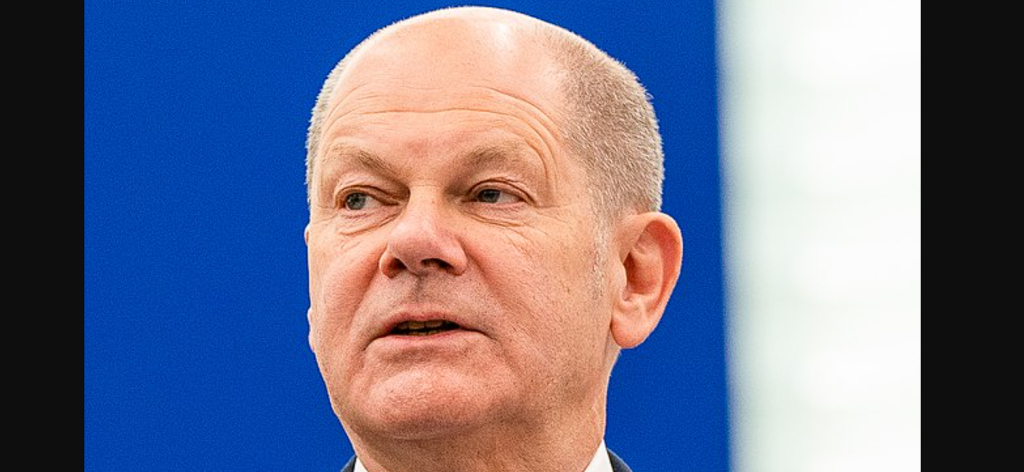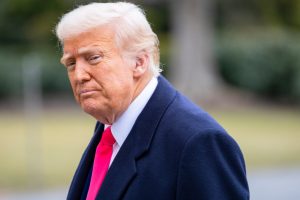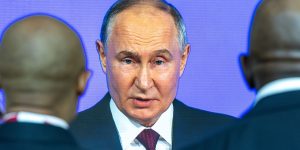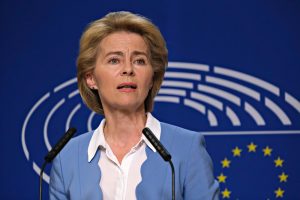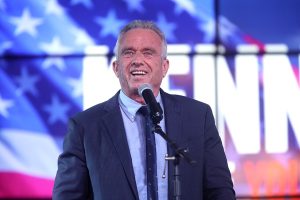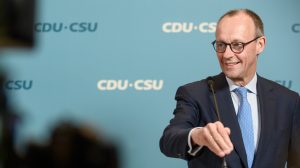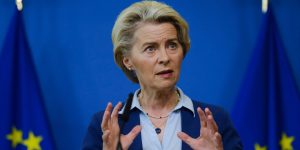The German chancellor denounced U.S. President Donald Trump’s proposal to link military support for Ukraine to rare mineral deals.
Others are reading now
As the war in Ukraine drags on, questions surrounding foreign aid and resource management have sparked renewed debate among global leaders. Balancing immediate military needs with long-term economic planning is becoming a central issue. In this context, recent comments by U.S. President Donald Trump have raised concerns about the motives and conditions attached to international assistance.
According to Digi24.ro, German Chancellor Olaf Scholz criticized Trump’s suggestion that continued military aid for Ukraine should be tied to access to Ukraine’s rare mineral resources.
Speaking after an informal summit of European leaders in Brussels, Scholz called the proposal “very selfish and egocentric.”
This is far from the first time Scholz has criticized the American president Trump’s actions.
Also read
Trump had reportedly stated his intention to secure Ukrainian rare minerals in return for ongoing support, an idea he framed as part of a broader negotiation for mutual benefit.
Aid Uncertainty Amid Rising Tensions
Scholz emphasized that Ukraine should first be given the opportunity to rebuild and utilize its resources for reconstruction efforts.
A source close to Ukrainian President Volodymyr Zelensky confirmed that resource-sharing with allies is part of a “victory plan” Zelensky has discussed with international partners, including Trump.
Despite uncertainty surrounding future U.S. aid, Ukraine has so far received $65.9 billion in American military assistance since Russia’s full-scale invasion.
Ukrainian non-military aid, however, has been impacted by funding freezes under the current U.S. administration. USAID, which had previously provided over $30 billion in budgetary support and humanitarian assistance, has been forced to cut programs.
In response, Ukraine’s parliament has begun consultations with European partners to compensate for the funding gaps.
Germany’s Role as a Key Donor
Germany has become the second-largest military donor to Ukraine, trailing only the United States.
However, Scholz has maintained a cautious approach to escalating military aid.
He has blocked the transfer of long-range Taurus cruise missiles, citing fears of further conflict escalation. Scholz has also withheld approval for an additional €3 billion security assistance package, unless it is funded through new government loans.
The plan, supported by Foreign Minister Annalena Baerbock and Defense Minister Boris Pistorius, included air defense systems, howitzers, and artillery ammunition.
Scholz’s position underscores the delicate balance European leaders face in supporting Ukraine without provoking further tensions with Russia.

